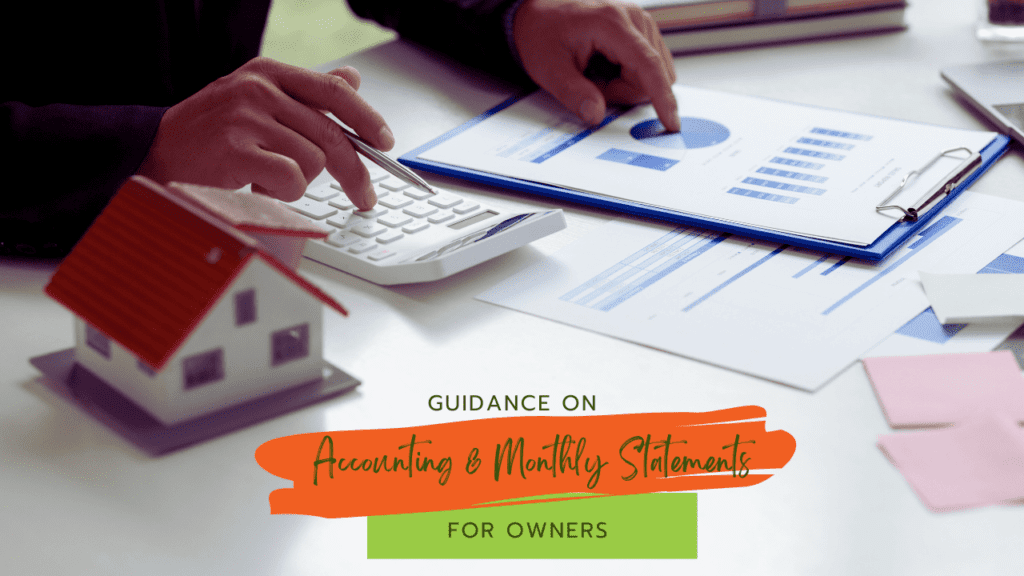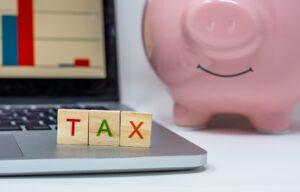
You don’t know if you’re earning any money on your investment property unless you have great accounting and record keeping processes in place. Your financial reports and documentation will help you make decisions about your investment property. They’ll also be crucial at tax time, when you’re planning your next investment move, and if you find yourself in court, trying to evict a tenant or defend yourself against a claim.
Working with an Orlando property manager solves a lot of your accounting challenges. Your property management team will include monthly accounting statements when rent is paid, and they’ll provide financial reports. You’ll have expert bookkeeping and a documented online snapshot of your income and expenses at any given moment.
Here’s what you need to know when you’re setting up a good system for accounting, monthly statements, and other financial records.
Income and Expense Accounting
Tracking rental property income and expenses is the most basic and important function of your accounting plan. When it’s time to file your taxes, you’re going to need to demonstrate how much you earned on your rental property and how much you spent maintaining it. This has to be clear, accurate, and transparent.
Even if you work with an accountant or a CPA, you’re likely the one who will be collecting the checks and paying for repairs. Make sure you can clearly see what you’re earning and what you’re spending on a monthly, quarterly, and annual basis.
Review what you’re earning and spending on a regular basis. You might see some clear patterns that can help you save money.
Create a Budget for Maintenance and Vacancy
Budgeting is incredibly important, especially when it comes to maintenance, vacancy, and tenant turnover. We always recommend that owners set aside a maintenance reserve, which will help you prepare for large expenses. Save a portion of your monthly rent in case a new water heater is needed or the air conditioning goes out.
Track your budget and make adjustments as necessary. For example, inflation has driven the cost of labor, materials, and supplies to new levels this year. Your budget for next year should reflect the more expensive side of maintaining your investment.
Invest in Reliable Accounting Technology
How are you tracking your finances? Hopefully, you have an accounting system that does not involve a legal pad and a lead pencil. Update your accounting systems as much as you can. There are a lot of great software programs out there, even for individual landlords who only have one property or a handful of homes. If you keep everything digital, you can access your records and books from anywhere in the world, and that can be extremely helpful when emergencies pop up. Your statements and reports should be accessible, clear, and transparent.
Take Care of Taxes
 A lot of tax benefits come with owning Orlando rental property. Make sure you’re leveraging every advantage. As a rental property owner, you’re likely reporting rental income on the Schedule E of IRS Form 1040. Your rental property accounting systems should be designed for easy reporting.
A lot of tax benefits come with owning Orlando rental property. Make sure you’re leveraging every advantage. As a rental property owner, you’re likely reporting rental income on the Schedule E of IRS Form 1040. Your rental property accounting systems should be designed for easy reporting.
Set up your tax accounting in categories for rental income and expenses that break out into maintenance, professional services, refunds, advertising, mortgage interest, HOA fees, etc. If you don’t have a property manager on your team, hire a CPA or tax accountant, who will know exactly what kind of documents you need to include at tax time.
This is just the start of how to prepare your accounting and financial statements. We’d love to show you the system we use for the owners we work with. Please contact us at Park Avenue Property Management. We work in Lake Buena Vista, Orlando, Kissimmee, Celebration, Maitland, Altamonte Springs, West Palm Beach, Tampa Bay, and throughout central Florida.